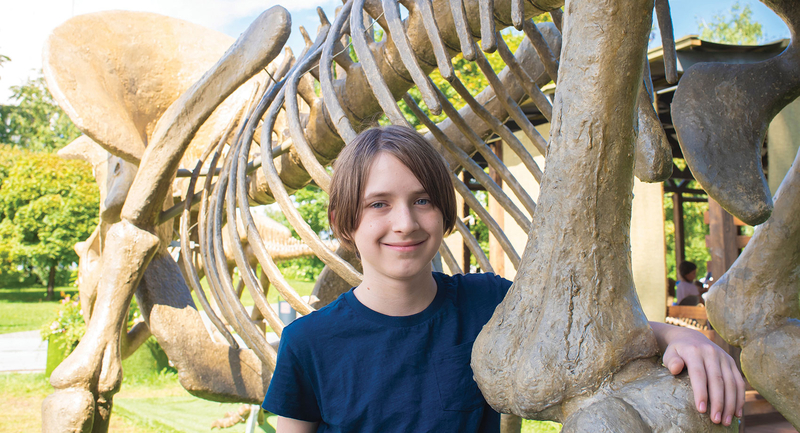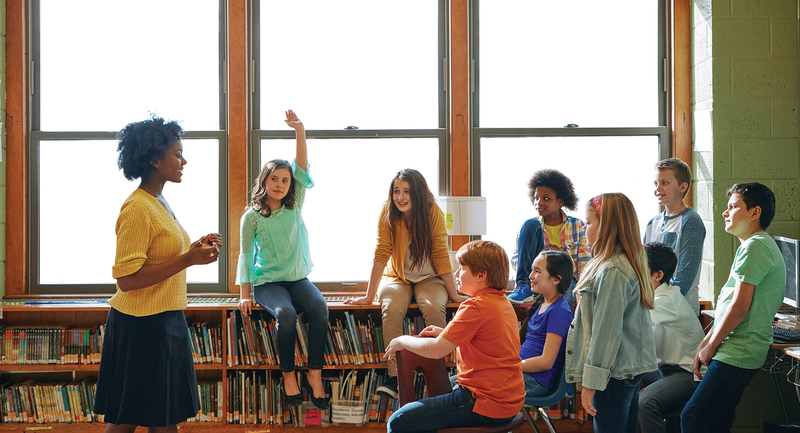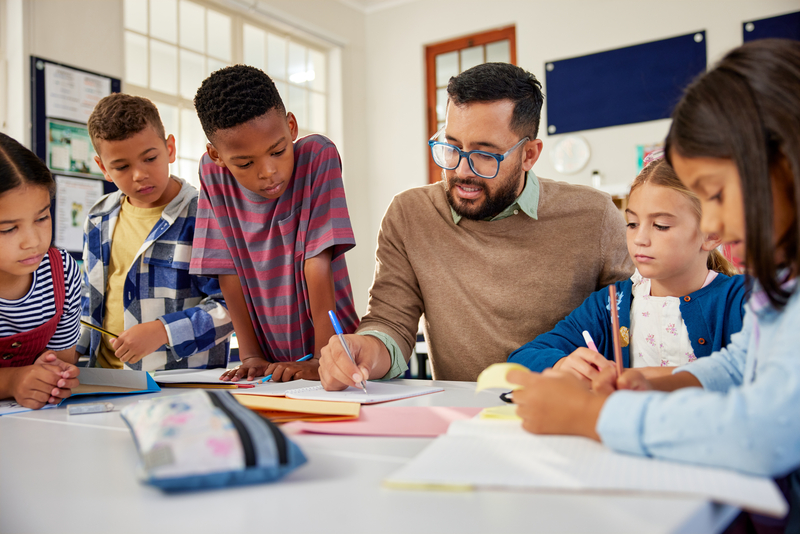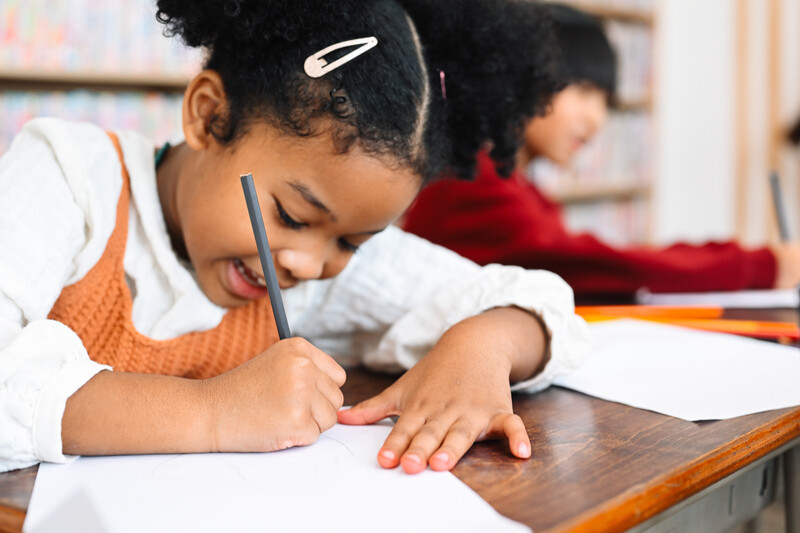In today's world, working collaboratively with people from different cultural backgrounds is a necessity, especially with contemporary patterns of migration, the interconnectedness of the global economy, and the complexity of collective challenges like environmental degradation and rising extremism. At the same time, public discourse is increasingly divisive and laden with stereotypes and mistrust. Now more than ever, we need to offer students opportunities to engage meaningfully with people who have different perspectives and life experiences from their own.
Out of Eden Learn, a project that I codirect, has taken an innovative approach to promoting cross-cultural inquiry and exchange. Developed by Project Zero at the Harvard Graduate School of Education and in collaboration with Paul Salopek, a Pulitzer Prize-winning journalist and National Geographic Fellow, it combines the appeal of social media with the concept of slowing down.
Salopek is currently walking around the world, retracing the migratory pathways of our ancient human ancestors. His Out of Eden Walk is an experiment in "slow journalism." He is walking through stories rather than jetting in and out of them, offering a counterpoint to the barrage of fragmented news headlines while telling stories that often remain untold.
Out of Eden Learn, meanwhile, invites students from around the world to engage in "learning journeys" with one another, free of charge. The curriculum reflects key themes of Salopek's walk: to observe the world carefully, exchange stories and perspectives, and reflect on how our individual lives connect to bigger human stories. Students engage in activities like listening attentively to someone from an older generation or documenting everyday activities. They then post and comment on one another's work on a social-media platform.
The project clusters six to eight diverse classes into private groups or "walking parties" to participate in a 12- to 15-week learning journey together. This structure exposes students to a variety of perspectives and cultural encounters. Out of Eden Learn supports cross-cultural encounters that are slow, reciprocal, and authentic.
The Power of Slowing Down
Project Zero has a tradition of inviting learners to slow down to engage more deeply in learning. One Out of Eden Learn activity prompts students to take a slow neighborhood walk to look at their surroundings with fresh eyes. A student with the username AlphaP from Mumbai, India, posted a photograph of a man receiving a haircut. He commented, "I saw things I don't ordinarily see. I was shocked because it seemed like everything about my neighbourhood was new to me."
Out of Eden Learn also asks that students slow down to listen to one another and engage in thoughtful dialogue. Our social-media platform encourages more substantial feedback than is typical of "like" buttons. For example, our platform's toolbar prompts students to notice new or interesting things that other students post. It also invites them to probe (ask meaningful questions) and extend (share how others' stories have given them a new perspective).
A Reciprocal Approach to Cultural Inquiry
Out of Eden Learn is as much about students exploring their own cultures as it is about discovering the everyday lives of other people. It encourages students to view culture as extending far beyond (though certainly including) topics such as flags, food dishes, and attire. Taking a cue from Paul Salopek's slow journalism, we emphasize the fluidity, hybridity, and complexity of human culture. At the same time, the premise of Salopek's journey is that there is enough commonality in human experience for us to recognize shared experiences and emotions.
Our project positions young people as experts on their own lives and perspectives, which can be a powerful experience for students. At the same time, the realization that there might be real or perceived differences among them opens up new possibilities for broadening their perspectives.
For example, while AlphaP from Mumbai discovered something new in his own environment, other students looked with great interest at his post. JJG from Boston asked, "Do people always get haircuts on the side of the street?"
AlphaP replied, "This happens quite frequently. However, the majority of people go to a salon or a barber shop," guiding JJG away from drawing a broad generalization from one photograph.
Keeping It Authentic
Out of Eden Learn feels like real-world learning in part because Salopek reports on issues that have a contemporary urgency. For instance, he presents stories about the Syrian refugee crisis and the impact of climate change on local economies—realities on the cutting edge of our unfolding human story. This reporting lends credibility and relevance to the curriculum.
Even more important, the Out of Eden Learn platform enables young people to experience authentic cultural encounters with their own class, the local community or neighborhood, other classes in their walking party, and the wider world through the curriculum's resources. One reason students seem so receptive to Out of Eden Learn is that the curriculum offers a learning experience that is both about real life and experienced as real life.
Out of Eden Learn shows promise in supporting students as they engage meaningfully and respectfully in today's complex, globalized world. As one U.S. high school student said, "I'm trying to learn about people, learn their stories, and learn how they're different from me, and then I'm trying to relate to other people." This is the disposition and respectful curiosity that global-ready graduates need.
Author's Note: Susie Blair, Carrie James, Aly Kreikemeier, Sarah Sheya, and Shari Tishman contributed to this article.
Copyright © 2016 Liz Dawes Duraisingh
This article is part of a Special Section on Connected Classrooms in the December 2016/January 2017 issue of Educational Leadership.
These three projects offer students authentic opportunities to develop global competencies.
A Learning Journey Around the World by Liz Dawes Duraisingh
Cross-Cultural Inquiry in Science by Hiller A. Spires, Marie Himes, and Lisa Wang
From Pen Pals to Global Citizens by Jean Kirshner, Eli Tzib, Zilpa Tzib, and Sara Fry









